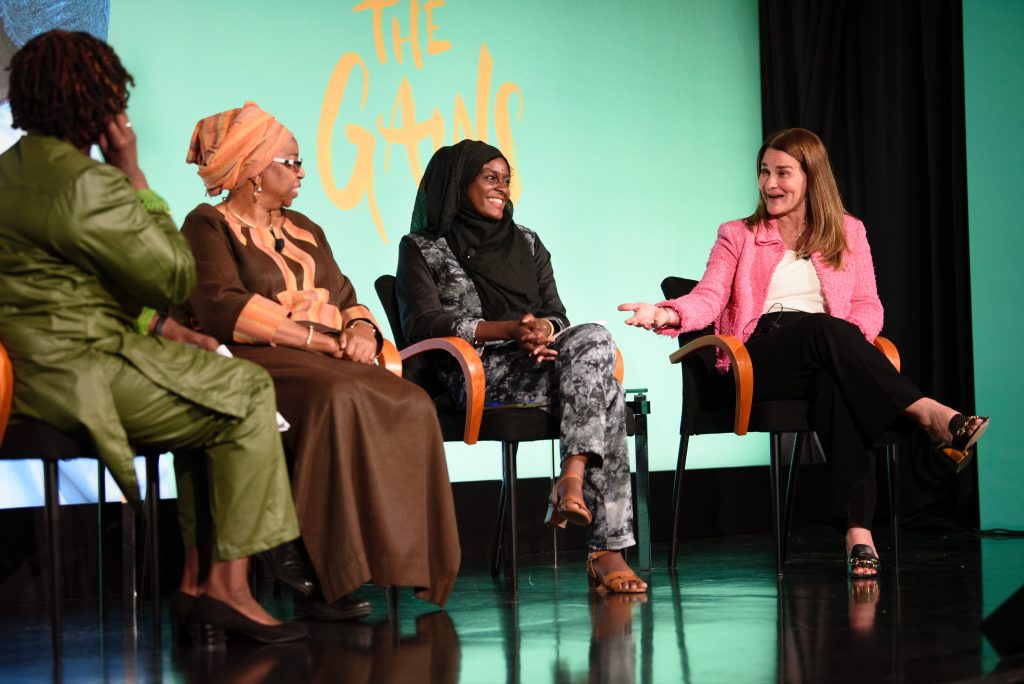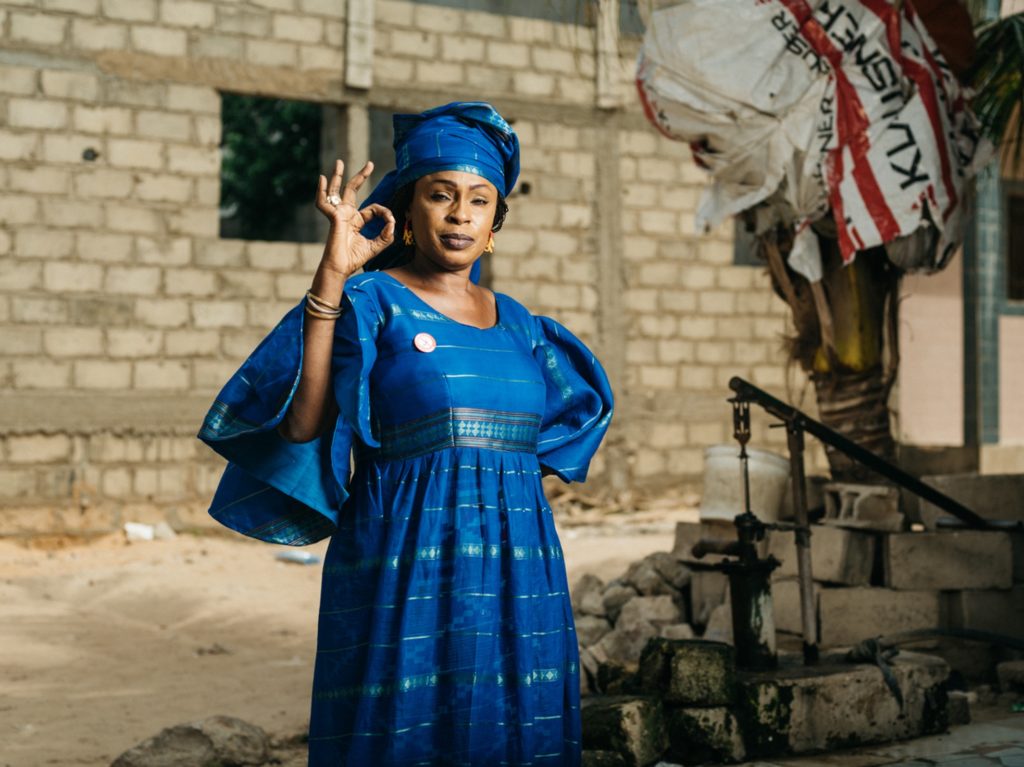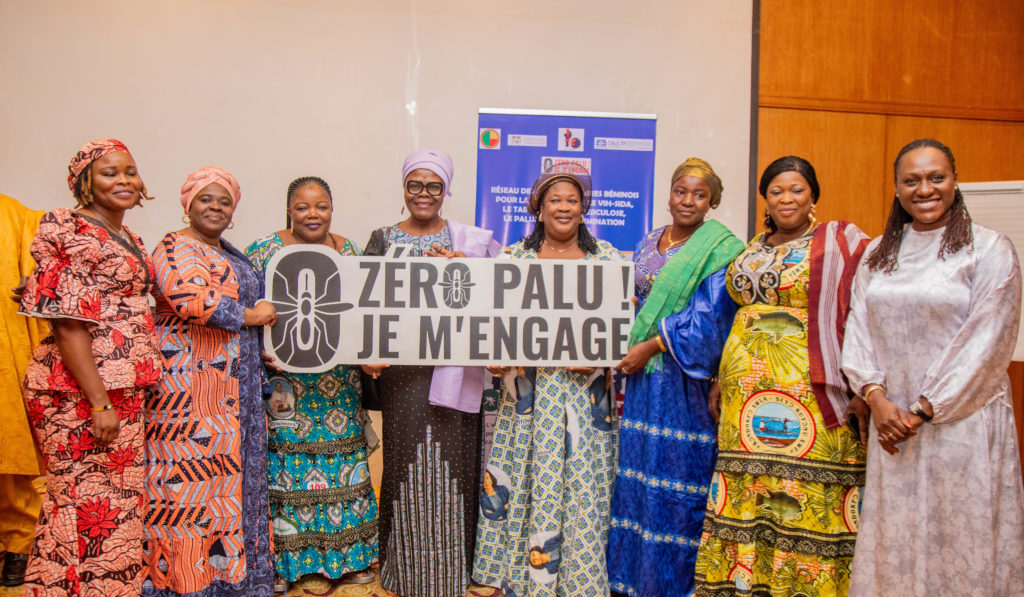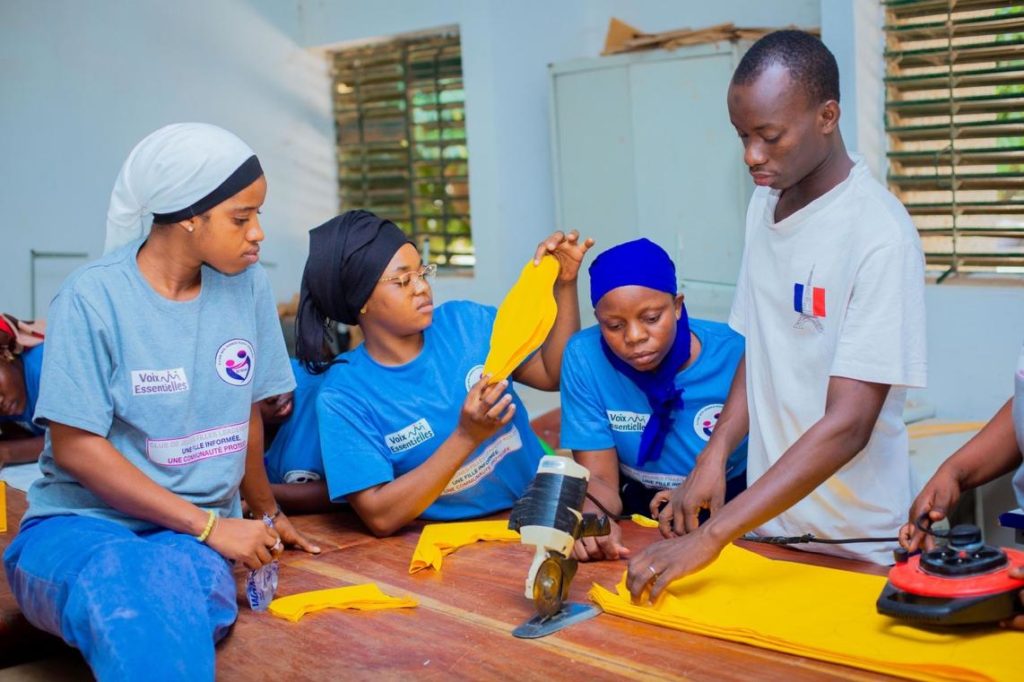Leaders respond as multiple crises threaten women and children’s health in world’s poorest countries – and warn further investment needed

- Leaders commit 500 million USD to the Global Financing Facility – responding to high country demand to support access to lifesaving health services, including maternal and child health.
- Low and lower-middle income countries continue to experience a maternal and child health crisis due to ongoing economic and health consequences of COVID-19 and overlapping crises: declines in global growth, rising inflation, war in Ukraine, and food supply issues.
- Global, political, and community leaders warn that women will fall further behind unless significant additional investment is required to reclaim the gains made in maternal and child health pre-pandemic, and to build stronger, more resilient primary health care systems.
April 22, 2022, Washington D.C. – At a Global Financing Facility (GFF) milestone event in the “Reclaim the Gains” mobilization campaign, co-hosted by Canada, Senegal, and the World Bank during the IMF and World Bank Spring Meetings today, world leaders committed urgent funding to stem disruptions to essential health services – including safe birth facilities, family planning, childhood immunizations and nutrition.
The ongoing economic and health consequences of COVID-19, and overlapping crises, are severely restricting access to health services. Leaders warned that these restrictions are now at risk of becoming deeply engrained unless additional funding and focus goes towards stronger, more equitable primary healthcare systems.
During the first year of the COVID-19 pandemic, coverage of lifesaving health interventions for women, children, and adolescents in 36 GFF countries dropped up to 25% due to disruption of services. While data from the second year of the pandemic shows some improvement, disruptions continue in two-thirds of countries monitored.
The GFF, a key global mechanism supporting countries to invest in women, children, and adolescent health, launched its “Reclaim the Gains” campaign amidst the pandemic. Donors have responded to the urgent need, so far committing USD 500 million including unlocking USD 25 million of match funding from the Bill & Melinda Gates Foundation. Total funds committed will be able to meet the urgent needs of up to 26 countries.
However, continued disruptions risk becoming long term problems unless urgent action is taken.
« Burkina Faso is strengthening its partnership with the GFF through a contribution of 1 million US dollars which will be used to accelerate efforts to build stronger frontline services. This contribution demonstrates both the government’s commitment to women’s and children’s health and to the GFF model. »
Robert Lucien Jean Claude Kargougou, Minister of Health, Burkina Faso
« This is a key moment for the Global Financing Facility. We know that more investment is needed and that is why Canada has announced an additional CAD 40 million in support of the “Reclaim the Gains” campaign, bringing our total contribution to CAD 190 million. We will continue to work with our partners around the world to support the GFF’s efforts to improve the resilience of health systems, address the impact of COVID-19 and drive long-term improvements in women’s, children’s and adolescents’ health. »
The Honorable Harjit Sajjan, Minister of International Development and Minister responsible for the Pacific Economic Development Agency of Canada
« Women, children and adolescents are losing access to life-saving health services because of the health, social and economic consequences of the COVID-19 pandemic. But it doesn’t have to be this way: leaders have a window of opportunity right now to invest in protecting and maintaining essential health services, and save millions of lives. This is exactly why Senegal has decided to commit USD 1 million to the GFF. As a partner of the GFF and co-host of the resource mobilization campaign, Senegal understands first-hand how important the GFF partnership is to building primary health care that support the needs of communities. »
Professor Awa Marie Coll Seck, Minister of State, Senegal
« We are living in difficult times. The impacts of multiple crises from the COVID-19 pandemic to the war in Ukraine are testing global health systems. Budget decisions are hard, but we must stay the course to improve maternal and child health – a critical foundation for a peaceful, prosperous society – and avoid a reversal in development progress. We need better, more inclusive health systems that will help to build human capital and accelerate equity and economic growth in the long term, supported by a fully funded GFF.
Mari Pangestu, Managing Director of Development Policy and Partnerships, World Bank
« Creating a more resilient and equitable world starts with investing in women’s health, »
…
« During the pandemic, we lost considerable gains in areas like maternal and newborn mortality and access to family planning and reproductive health services. We must accelerate progress, and few institutions do more to achieve that than GFF. I am so glad the world is recognizing that today. »
said Melinda French Gates
The GFF’s funding needs for the COVID-19 response are only part of the overall need. The GFF partnership supports countries to build primary health care that offers community-oriented services – focused on women, children, and adolescents – delivered by a skilled healthcare work force. This is the first line of defense against future health threats. More resilient primary healthcare systems in low- and lower-middle income countries are essential for global health security everywhere.
Fully funded, the GFF partnership can save an estimated 5.3m lives, mobilize US$18.5bn in health financing by 2025, and support countries for their next generation of primary health care. The sooner the funds are raised, the sooner countries can meet their short- and long-term health needs.
« As a proud co-founder of the GFF, we have seen first-hand how the mechanism enables countries to increase access to life-saving services and promote gender equality. The GFF model is a long-term approach, led by the countries. It enables governments to deliver on their maternal and child health priorities and strengthen overall primary health systems for years to come. »
Anne Beathe Tvinnereim, Minister of International Development, Norway
« Japan hosted Tokyo Nutrition for Growth Summit last December, and announced policy and financial commitments with stakeholders all over the world. We would also like to highlight IDA20 prioritizes investment in human capital as one of its key policy commitments, including strengthening Universal Health Coverage, and food and nutrition security. Japan expects GFF to maximize its catalytic feature and attract further investments from wider range of potential contributors, including private sectors and philanthropic organizations. »
Kentaro Ogata, Deputy Vice Minister for International Affairs, Ministry of Finance, Japan
Before COVID-19 hit, Sierra Leone had seen important progress in women and children’s health. More adolescents sought family planning and more babies were vaccinated against deadly diseases. The pandemic has not only shaken health systems but also slowed economic growth, leaving many women and children without access to lifesaving services. We have seen first-hand how emergency support from the GFF and the World Bank can address our most urgent challenges while strengthening systems in the longer term to better respond to women and children’s needs.
Dr. Austin Demby, Minister of Health and Sanitation, Sierra Leone
« We’ve increased our backing of the GFF so that this crucial programme can continue to ensure that all countries have access to the finance needed to strengthen their own health systems, improve sexual reproductive health and rights; and end the preventable deaths of women, babies and children. »
Amanda Milling, Minister for Asia and the Middle East, Foreign, Commonwealth and Development Office, UK
…
« Recent and ongoing crises have again shown how women and girls are often worst affected by chaos which makes the need for mechanisms with a track record of delivery like the GFF more important than ever. »
Donors’ commitments to the GFF will protect some of the poorest and most vulnerable populations in the world from the worst direct and indirect impacts of COVID-19. But much more global financing is needed in the months and years ahead if we are to create a world where women and young people don’t die from preventable conditions – where they are safe, healthy and able to fulfil their potential.
Mariama Abdou Gado, youth advocate, Niger
« The GFF partnership drives collective action to enable countries to address the biggest health system challenges and chart the path towards an inclusive recovery. But, urgent action is needed now to seize the window of opportunity and avoid irreversible damage, »
Joanne Carter, Executive Director, RESULTS.
…
« With increased investment from donors and partner governments, the GFF will leverage additional finance from IDA enabling countries and communities to deliver the catalytic changes that enable women, children and adolescents to survive and thrive. »
« To truly recover from the COVID-19 pandemic, we need to strengthen health systems everywhere, so that everyone – especially girls, adolescents, and women – can safely access quality health services. In many of the countries where GFF operates, public health systems are stretched so thin that they can’t adequately serve those who need care the most, reversing years of progress. That is why the Global Financing Facility’s Reclaim the Gains campaign is so important. By working to ensure that girls, adolescents, and women have access to the health and nutrition services they need to thrive, we can save lives and reignite progress across all our development goals. »
Catherine Russell, Executive Director of UNICEF


